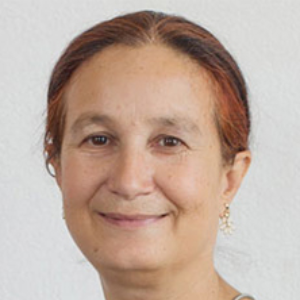Title : Maternal health status of Nepali women_ stories from the field
Abstract:
Dhiru Bista is from a remote village in Nepal, about 600 kilometers from the capital city of Kathmandu. She is only 35, but looks much older. She was married at 15 and got pregnant at 16. She has had 12 pregnancies in hopes of having a son. Her last pregnancy, a year ago, resulted in a stillbirth, which nearly killed her because of a ruptured uterus and internal hemorrhage. She was saved by the doctors from the nearest hospital, which is about four hours by bus. If her family did not expect her to have a son, she would not have been forced to go through so many pregnancies.
Because of lack of education, awareness, and access to family planning, many women in Nepal suffer from reproductive health challenges. Hoping for a son, they give birth to many children.
A common condition among these women is a prolapsed uterus. According one study done in rural areas of Nepal, about 32% of married women of reproductive age suffer from this problem, but they are too hesitant to share it with their family, which worsens their condition.
I have been working in maternal and reproductive health for the last 20 years. I have conducted research and traveled to many rural communities spreading awareness about this issue.
Thanks to our constant advocacy, the government has made a policy to provide free health service and free operation to women who are suffering from prolapsed uterus. Unfortunately, this policy has not benefitted many of the women in rural communities where it’s most needed.
Keywords: Social status, Reproductive Health, Policy, Discrimination




